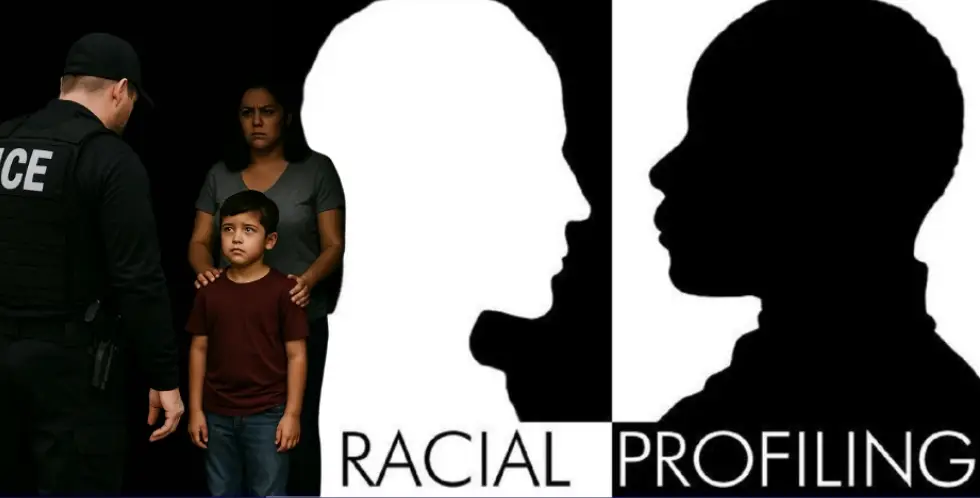Fear, Deportation, and the Shadows of Trump
It begins with a police light, a flash in the rearview mirror, a moment of terror that wraps around the heart like a cold hand. On the streets of Tennessee, people are pulled over, one after another. Over a hundred people, taken into custody in a single breath, in a plan that spreads like a shadow over the city.
Lisa Sherman Luna, director of the Tennessee Immigrant and Refugee Rights Coalition, speaks with a voice trembling with disbelief. “None of us have ever seen anything like this,” she says. But what she sees is not just an operation. It is a message.
More than a hundred people in the hands of federal authorities. A joint operation by U.S. Immigration and Customs Enforcement and the Tennessee Highway Patrol. A network of uniforms and flashing lights, a system that closes in on those who fear it most.
In the official statements, it all sounds so simple. “Violations of immigration law,” they say. “Weapons and drugs taken off the street,” they claim. A man suspected of murder in El Salvador — a case, an excuse, a symbol.
But the numbers are colder. 588 traffic stops. 103 arrests. A number, a mark through a person’s life. A number that appears in the news while the faces of the detainees disappear.
In Nashville, a city proud of its diversity, fear is growing. A mosaic of people from Mexico, Honduras, Sudan, Myanmar. A city that sees itself as a haven, a refuge — now forced to watch as these very people are pulled out, reduced to numbers.
“Racial profiling,” critics say. “Racist policing.” Cars pulled over for a broken taillight, for tinted windows. An excuse, a trap. A pretext to catch those they fear.
But it is not just Tennessee. It is a country betraying itself, a government that believes fear is a weapon. And in that fear, people lose their names, their stories, their hopes.
The city government of Nashville resists, criticizes the arrests, distances itself. But their words are weak. The flashing lights of patrol cars are brighter, the fear is stronger.
“It is a strategy to spread fear into our vibrant, diverse, beautiful neighborhoods,” says Sherman Luna. And in that fear, people disappear like ghosts, like shadows in a city that was once proud of its diversity.
